This week, the vaunted political marriage between President Donald Trump and multipreneur Elon Musk blew up in spectacular fashion, as both men — once a seemingly unstoppable force — traded barbs on their respective social media platforms.
“Without me, Trump would have lost the election,” Musk posted on X.
“Elon was wearing thin, I asked him to leave,” Trump retorted on Truth Social.
The blowup devolved into Musk saying Trump is in the Epstein files and the president’s minions calling on him to deport Musk, a South African immigrant and naturalized citizen of the United States.
Not since the Bennifer breakup — the first or second one, reader’s choice — has a relationship’s demise attracted such rapturous attention, especially in politics. But we have been here before. Presidents have long enjoyed symbiotic relationships with captains of industry and media. This isn’t the first time such a relationship came to a bitter end.
If history offers any insight, it’s that these breakups always end better for the president than the mogul. Elon Musk is the richest man in the world, but the presidency comes with greater power and prestige.
Just ask Nicholas Biddle.
Biddle was a wealthy and influential Philadelphia financier who served as president of the Second Bank of the United States from 1823 until its closure in the 1830s. Born into a prominent family, he parlayed inherited wealth and social connections to become a central figure in America’s early financial system. Under his leadership, the bank became a powerful and stabilizing force in the national economy, controlling credit and regulating state banks. Most historians today regard it as a successful precursor to the national banking system that emerged many decades later.
Biddle was also the perfect embodiment of the nation’s monied class. He viewed “men with no property to assess and no character to lose” as social inferiors — so it was no surprise that he would eventually come to blows with President Andrew Jackson, an avowed populist.
But for the better part of 1830 and 1831, Biddle put on a charm offensive. Even as he lined up support in Congress for the bank’s re-charter, he attempted to ingratiate himself with the president, who in turn fired off vague smoke signals indicating that he was open to a dialogue. Jackson met with Biddle repeatedly and expressed no strong opposition to the bank — at least not publicly. Biddle, in turn, wrote flattering letters to and about the president and attempted to work closely with Jackson’s key allies, including Senator Thomas Hart Benton and Vice President Martin Van Buren.
More than a few people in the know were surprised that the bank president and populist chief executive seemed to have struck up a decent rapport. Until things inevitably turned sideways.
When Jackson ultimately stuck to his populist guns and vetoed the bank’s re-charter, Biddle, who was genuinely surprised by the move, undertook a furious and public effort to overturn the decision. He told Senator Henry Clay, an ally, that Jackson’s message announcing the veto was “really a manifesto of anarchy, such as Marat or Robespierre might have issued to the mob of Faubourg.”
Jackson escalated the conflict in 1833 when he ordered that all federal government deposits be removed from the bank and placed in selected state banks. His goal was to drain the bank of its influence and effectively dismantle it before its charter expired in 1836.
The ensuing debate was public and polarizing. Jackson announced his policy in a series of fiery public statements and annual messages to Congress, framing it as a defense of the common people against a “monied aristocracy.” Biddle, meanwhile, defended the bank in editorials, letters and congressional testimony. Newspapers across the country took sides, and the issue became a litmus test of political loyalty: You were either with Jackson and democratic populism or with Biddle and financial conservatism.
Biddle, who boasted that he had “been for years in the daily exercise of more personal authority than any President habitually enjoys,” soon found his life in a downward spiral. His reputation, once that of a brilliant financial statesman and intellectual, was left in ruins as the bank’s closure generated financial problems for its shareholders. Although he had long enjoyed the status of a cultured gentleman — financial engineer, patron to artists and writers — he grew politically toxic and isolated.
After the bank’s collapse, Biddle was sued for fraud and mismanagement. He was arrested on related charges in 1841 but never convicted. Still, the litigation and disgrace consumed his remaining years. Although he had once been wealthy, his fortune dwindled, and he died in 1844 at the age of 58, a broken man — largely forgotten and discredited in the eyes of the public.
Jackson, of course, went on to serve two terms in office. His decision to kill the bank and remove the reserves threw the country into a massive financial panic — but that problem, as well as the blame for it, fell to his successor, Van Buren.
Another case in point: William Randolph Hearst, the newspaper publisher, early movie mogul and two-term member of Congress.
In the late 1890s and early 1900s, Theodore Roosevelt and Hearst shared a mutually beneficial, if uneasy, relationship. Hearst’s newspapers, particularly the New York Journal, were strong proponents of the Spanish-American War, and through its sensationalist accounts of that conflict — critics derided it as “Yellow Journalism” — his media empire made a national hero of TR, whose famous charge at San Juan Hill might never have been famous at all if not for Hearst.
Though they overlapped ideologically on issues like trust-busting and anti-corruption — and, of course, a muscular foreign policy — their alliance was more tactical than personal. Roosevelt reportedly found Hearst vulgar and untrustworthy, while Hearst saw Roosevelt as an ambitious politician, lacking gravitas.
Their mutually beneficial relationship crumbled when Hearst grew too big for his britches. The media mogul, who served two terms in Congress and made unsuccessful runs for mayor of New York City and governor of New York, complained that Roosevelt was “a creation of newspaper notoriety.” He had made Roosevelt a famous man and assumed he could use that power to replace him in the White House. A bumbled run for the presidency in 1904 disabused Hearst of that illusion, but his acid relationship with Roosevelt only grew worse.
The split became unmistakable after Hearst published inflammatory articles and editorials suggesting that President William McKinley’s assassination was the inevitable result of capitalist corruption — a line of rhetoric that Roosevelt, deeply loyal to McKinley’s legacy, found abhorrent. “Wide and equitable distribution of wealth is essential to a nation’s prosperous growth and intellectual development,” Hearst argued. “And that distribution is brought about by the labor union more than any other agency of our civilization.” Roosevelt, in turn, called Hearst a “swollen-headed liar” and accused his newspapers of fueling anarchist violence.
Though Hearst’s newspaper empire once dominated American public discourse, its credibility and power began to erode in the years after his split with Roosevelt, as yellow journalism fell into public disrepute. Moreover, his strident opposition to U.S. entry into World War I and later sympathy for fascist regimes in the 1930s cost him public and political goodwill.
The 1930s saw his business empire drowning in debt. While he didn’t exactly die in penury or obscurity, he spent his remaining years relatively quietly, in sharply diminished material circumstances.
Finally, there is the case of Joseph Kennedy.
Born to a well-connected Irish-American family in Boston, Kennedy parlayed early success in banking into lucrative ventures in shipbuilding, real estate, Hollywood film production and the stock market, where he made (and managed to preserve) a fortune by anticipating the 1929 crash. By the early 1930s, Kennedy was one of the richest men in America and increasingly influential in Democratic politics. He supported Franklin D. Roosevelt’s 1932 campaign and was rewarded with a series of key appointments, ironically, as the first chair of the Securities and Exchange Commission (SEC) in 1934. FDR saw Kennedy as the ideal regulator — someone who knew Wall Street’s tricks and could, therefore, police it.
Their relationship, cordial but pragmatic, reflected a mutual recognition of each other's political instincts and usefulness. When FDR appointed Kennedy to serve as U.S. ambassador to Britain — the first Irish Catholic to occupy the position — Kennedy began to envision himself as FDR’s successor in the White House. That, of course, was not to be.
While stationed in London, Kennedy grew deeply pessimistic about Britain’s chances against Nazi Germany and became a leading voice for American isolationism, repeatedly breaking with the administration and warning against U.S. entry into another European war. His public statements, including a notorious comment in 1940 that “democracy is finished in England,” outraged British officials and embarrassed the Roosevelt administration.
FDR, who was moving steadily toward intervention and aid to the Allies, saw Kennedy’s defeatism and political freelancing as liabilities. So, too, was Kennedy’s virulent antisemitism, which placed him out of step with the increasingly liberal Democratic party. Their relationship collapsed entirely in 1940, when the White House compelled Kennedy to resign.
FDR, who had once valued Kennedy’s political acumen and fundraising prowess, now viewed him as a demagogue with alarming wealth and influence.
As the American public rallied behind the president after the Japanese attack on Pearl Habor, Kennedy’s future in public life dimmed. He turned his ambitions toward helping his oldest son, Joe Jr., achieve what he no longer could: the presidency. And when Joe Jr. perished in the war, his focus turned to another son, John F. Kennedy.
To be sure, Musk has a lot going for him. He owns one of the most powerful media platforms in the country. He is the wealthiest man in the world. His companies have been singularly successful and provide him clout with foreign governments in need of anything from satellite capabilities to fight a war, to rockets able to reach space.
But he’s not the president — particularly this president, who has arrogated to himself unprecedented powers. Much like the rich men who came before him, Musk may soon learn that there is no breaking with the White House and coming out whole. It hasn’t worked before, and if history is any guide, it seems unlikely to work today.
.png)
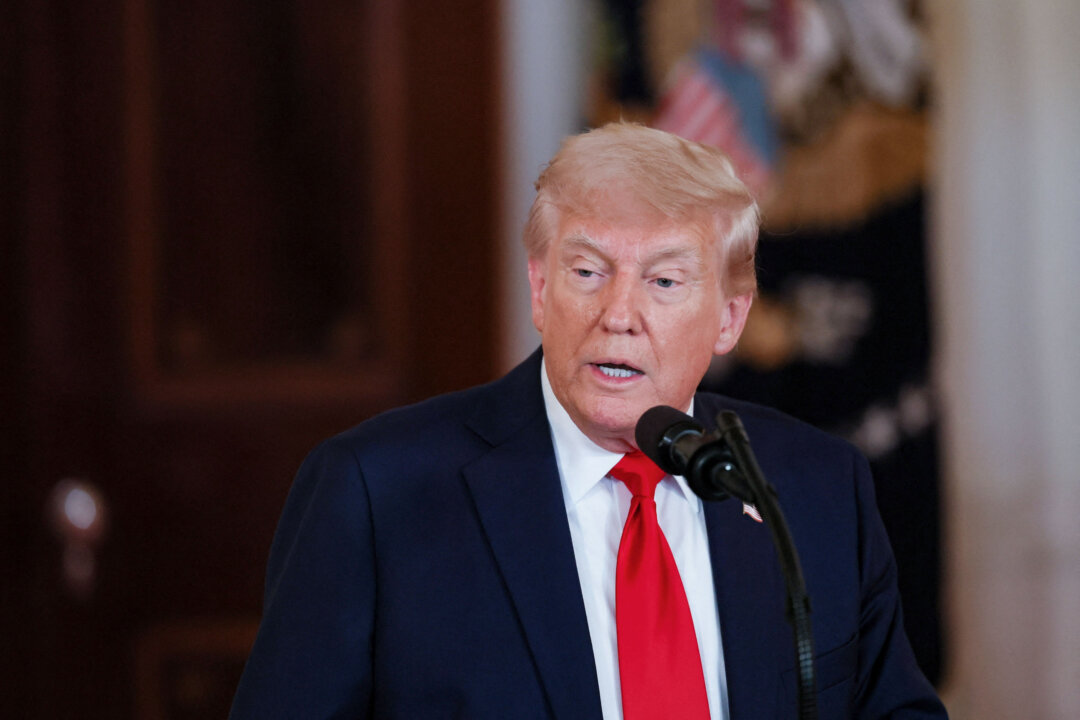


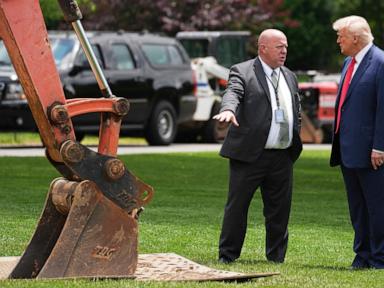




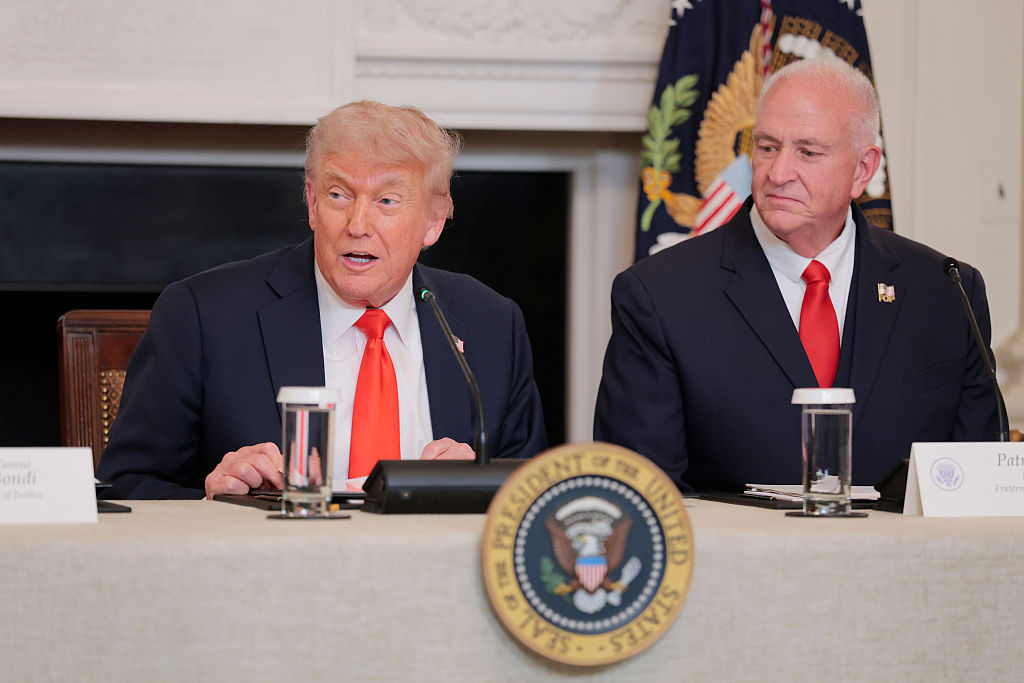


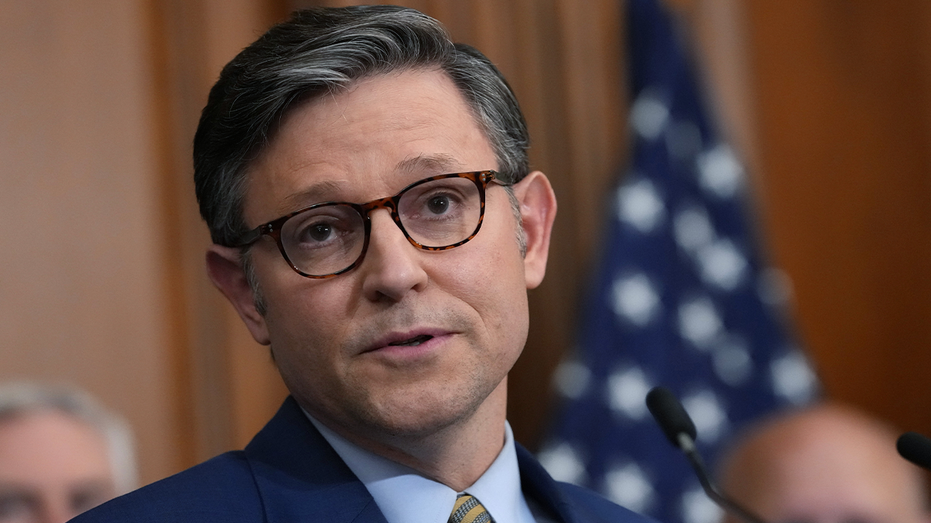
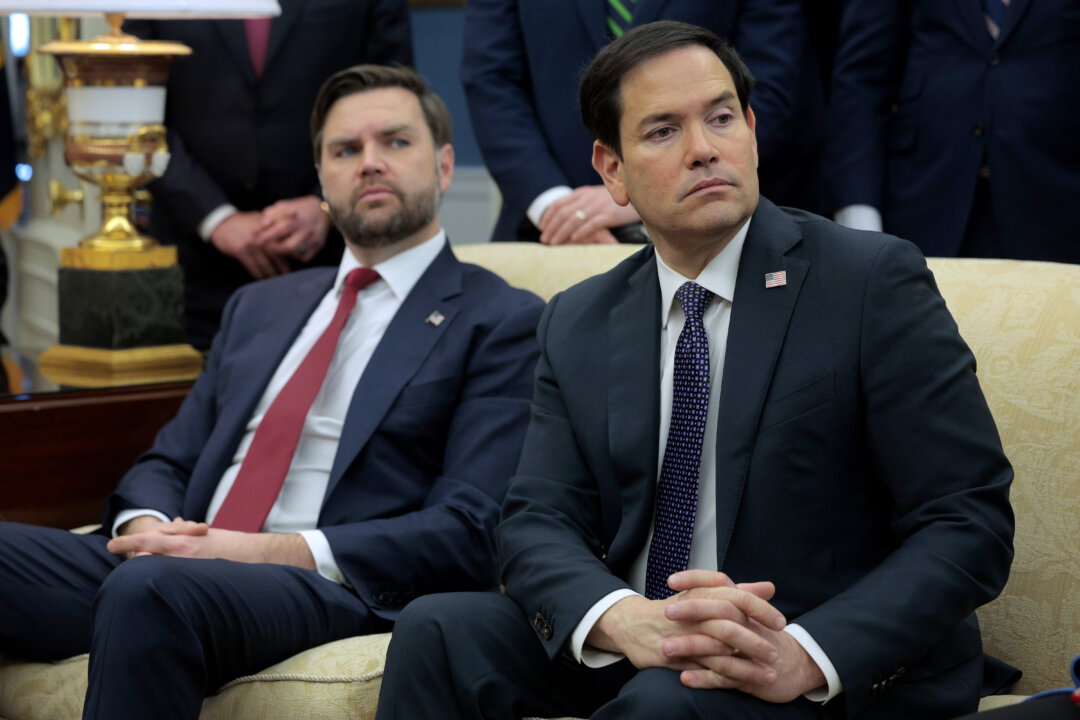
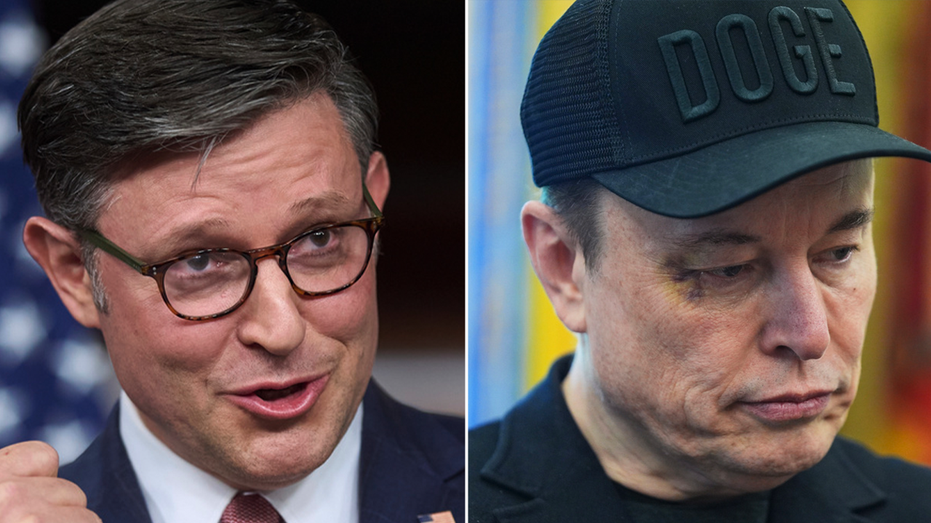

 English (US)
English (US)